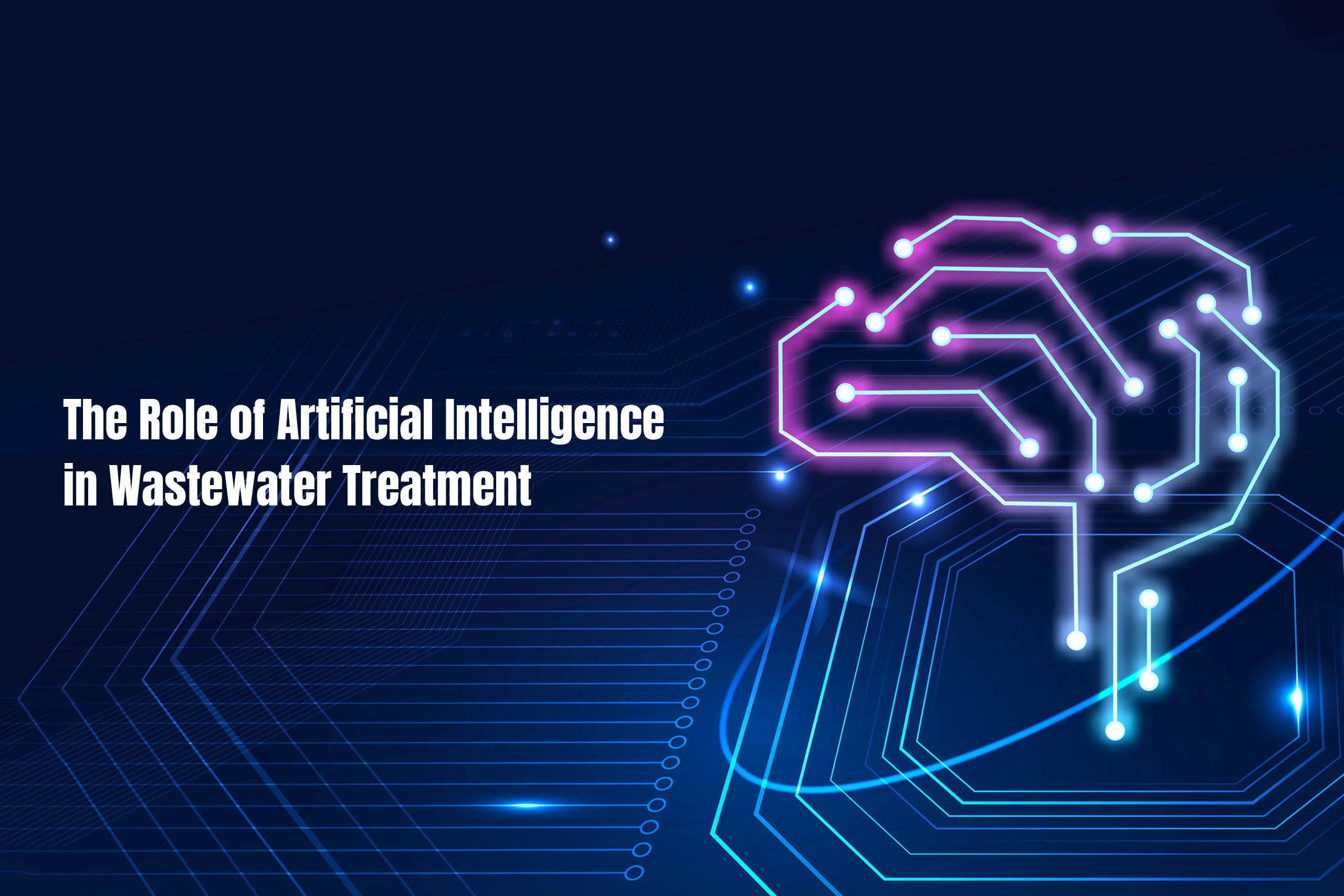


Nov 8
Artificial intelligence is a new piece of technology that is being adopted in wastewater treatment. Artificial intelligence does not rely on human activity and can be used to predict outcomes so that control systems can be improved. There are many types of artificial intelligence, but the most common application is modelling, computer vision and machine learning.
AI technologies are also applied to wastewater treatment plants. Artificial intelligence help control systems to improve the efficiency of water treatment plants. The purpose of using artificial intelligence in wastewater treatment is to be able to predict outcomes. This is to ensure AI has limited or no influence at all on human activity.
A new piece of technology in wastewater treatment management is Artificial Intelligence.
Artificial Intelligence (AI) is a new piece of technology that has been used in wastewater treatment. Many people are interested in learning how AI works and how it can benefit them, so we’ve put together this guide on the topic.
To understand how artificial intelligence works, we first need to take a look at what exactly it is and why you should care about it!
Artificial Intelligence (AI) refers to the ability of computers or machines to think like humans. In layman’s terms, computers can make decisions. AI makes decisions based on the information it learned from previous experiences or experiments.
When asked a question about something specific about their environment, these systems will calculate multiple possible answers. These systems use algorithms before selecting the correct response. This allows different types of automation tasks without human intervention. AI runs autonomously without needing anything more than basic commands from users, which saves time!
AI is a branch of computer science. This is a study of the designs and construction. They focus on capabilities such as reasoning, learning, problem-solving and decision-making. There are many types of sensors used in AI for wastewater treatment. Examples such as pH, temperature, turbidity and conductivity sensors.
Artificial intelligence is a branch of computer science on the creation of intelligent machines. They are created to work and react better than humans. The study focuses on creating computer software that is capable of intelligent behaviour.
The term was coined by John McCarthy at the Dartmouth Conference in 1956.
He defined it as “the science and engineering of making intelligent machines”. Since then, AI has been defined as varying levels of machine competence in performing tasks. The performance would require human-like capabilities for perception, learning, problem-solving, planning, and knowledge.
AI focuses on developing systems for specific domains such as medical diagnosis. Other approaches focus on human-level intelligence such as natural language processing.
AI is a broad term that consists of many different technologies and techniques. AI has been applied to wastewater treatment, but it focuses on controlling the process for efficiency.
AI systems can have limited human activity. They can be used on a large scale without affecting the behaviour of workers in the facility.
AI is an emerging technology that is used to optimize wastewater treatment processes. AI can improve energy efficiency, reduce operating costs, and increase production capacity.
The purpose of AI in wastewater treatment is to be able to predict outcomes and have limited or no influence on human activity.
The goal of artificial intelligence is to reduce energy consumption and increase production.
The benefits of using artificial intelligence in wastewater treatment are:
There is a growing popularity of AI in wastewater treatment. It is no surprise that manufacturers and research institutions are investing heavily in this area. There are many benefits to using artificial intelligence to manage wastewater treatment systems.
One way to reduce energy consumption is by using less water. Instead of using a large amount of water, which requires more energy for pumping and mixing. Smaller amounts can be used when an AI system learns how much it needs at any given time. This is based on factors like temperature or flow rate. This can also help with monitoring and control because less human intervention will be necessary. During this operation, the system will automatically adjust itself based on its learning process. This avoids the hassle of manually configuring with the need of an operator, who may not know everything.
In summary, artificial intelligence can play an important role in wastewater treatment. It can help you to develop a more efficient and safe system. If you want to be able to use this technology, then people who are there must have access to training courses. People will need to know how these systems work so that they can maintain with the changing world around them.
If you are looking for wastewater treatment companies in India, then look no further than H2O Bazaar. They have everything from wastewater treatment products to the best list of sewage treatment plants in India. Get in touch today with any of the sewage treatment companies with H2O Bazaar.